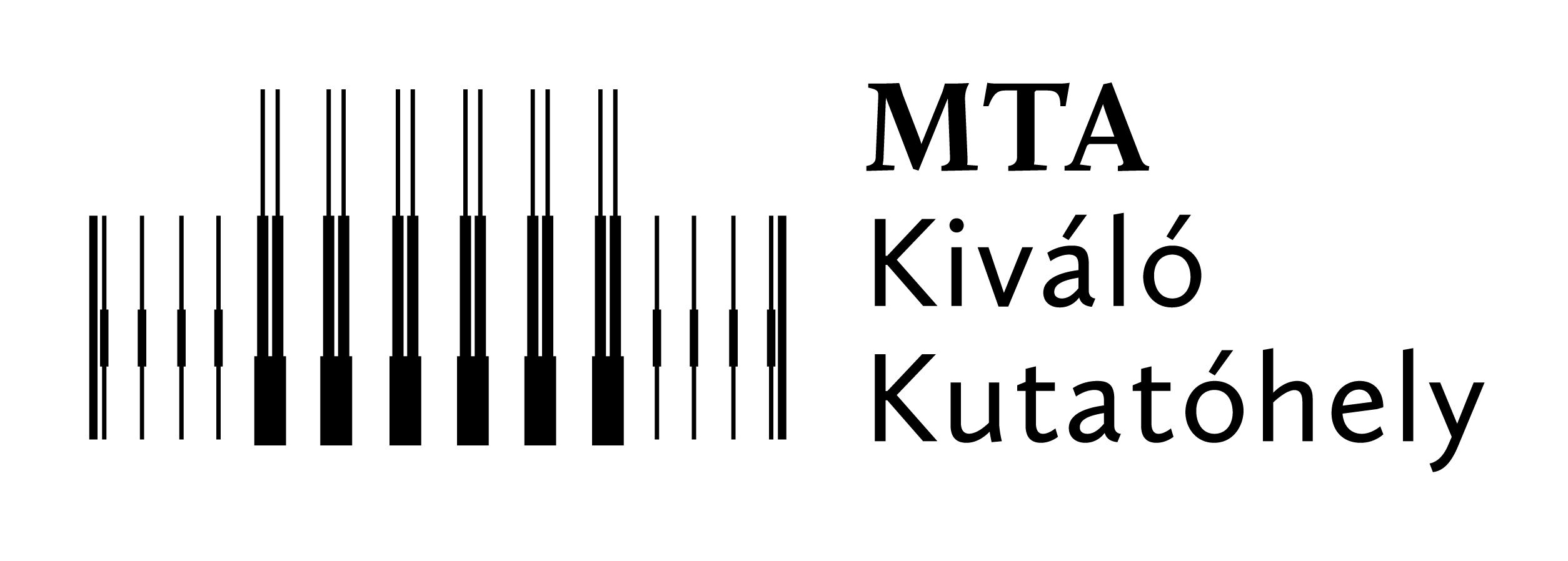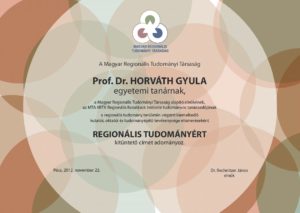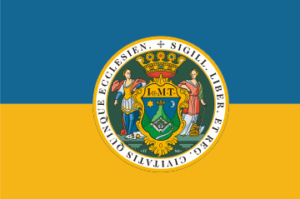
- 2013.02.12
- | 00:00
With the approval of the President of the Hungarian Academy of Sciences the Director General of the of HAS Research Centre for Economic and Regional Studies appointed Éva Perger Senior Research Fellow, Head of the Great Plain Research Department Commissioned Director of the Institute of Regional Studies as of January 25, 2013.
With the approval of the President of the Hungarian Academy of Sciences the Director General of the of HAS Research Centre for Economic and Regional Studies appointed Éva Perger Senior Research Fellow, Head of the Great Plain Research Department Commissioned Director of the Institute of Regional Studies as of January 25, 2013.






